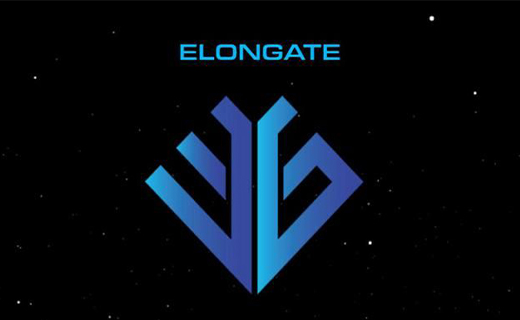Crypto charities become more relevant as crypto prices rise
- Share:

Two unrelated cryptocurrency projects have collectively raised over $3 million for charitable contributions this month, underscoring the potential of digital assets in aiding mission-based non-profits around the world. Crypto also came to prominence earlier this year, when it was used to raise funds for aiding relief efforts against COVID-19 in India, which suffered a devastating second wave of the virus. Overall, the first six months of 2021 have shown how crypto can be an engine for charitable work all over the world.
Elongate, a cryptocurrency project that began as a parody of Elon Musk’s reference to the Watergate scandal, has raised $2 million for various food and general support programs via Human Relief Foundation and Give India. Again, we see how a crypto charity relief program is helping to provide resources to battle COVID and related problems in India. Some of the biggest Elongate contributors are Children International, Action Against Hunger, The Ocean Cleanup, Big Green, Human Relief Foundation and Give India, among others. Elongate also began trading on BitMart in May 2021. Despite starting off as a meme, Elongate has emerged as a major player in the market for crypto-based charities. The project claims to have over 400,000 holders worldwide.
It has also donated $150,000 to the National Kidney Foundation as part of its weekly charity donations. The National Kidney Foundation is driven by its passion and mission to be a lifeline for all people affected by kidney disease. NKF are pioneers in scientific research and innovation that helps focus on the whole patient through the lens of kidney health. The Foundation enhances lives affected by kidney disease through action, education and accelerating change. Elongate has now donated over USD$2,900,000 to various charities in just two months. It has also announced several exciting upcoming projects such as the launch of a new website, merchandise, exchange, app, and NFTs. Following the token’s ecosystem and mission, 80% of all proceeds will be going to charity. The well-structured ecosystem not only allows for large donations to charity, but it also rewards its holders a percentage of every transaction that occurs. Every time a purchase or sale happens, all existing holders receive a portion of the transaction fees.
Elsewhere, DeFi project Munch has raised over $1 million to aid various causes in developing nations through the GiveWell Maximum Impact Fund. Over the years, the Maximum Impact Fund has allocated tens of millions of dollars to combating malaria and other diseases in Africa. The Munch project was able to raise the funds via Ether (ETH) transaction fees on every buy and sell order made on its platform. The transaction fee, which was 10%, was evenly distributed to its token holders and the charity.
This shows how the crypto community is stepping up in a big way to aid charitable causes. In another example of such initiatives, The Giving Block has launched a new charity drive to encourage community members to donate at least 1% of their crypto holdings to charities each year. Perhaps the most high-profile use of crypto to make donations came earlier in the year, when Australian cricketer Brett Lee made a donation of 1 BTC towards COVID-19 relief efforts in India, while even the co-founder of Ethereum, Vitalik Buterin, got involved. The 27-year-old donated over $1 billion in the form of 500 Ethereum tokens, along with 50 trillion SHIB (Shiba Inu) tokens, to the India COVID Crypto Relief Fund. The Shiba Inu tokens are a meme cryptocurrency based on the wildly successful Dogecoin cryptocurrency and were a gift to Buterin, who proceeded to donate the majority of this gift to this COVID relief fund. Lee had also donated to the same fund, along with other celebrities and high-profile individuals.
However, the value of the meme currencies donated by Buterin fell by nearly 30% following the news of his donation, which meant that the overall value of this donation was around $990 million. This also highlights the issues with volatility in the crypto markets, and the need to make conversions to fiat quickly and as soon as possible, so that the highest value can be realized.